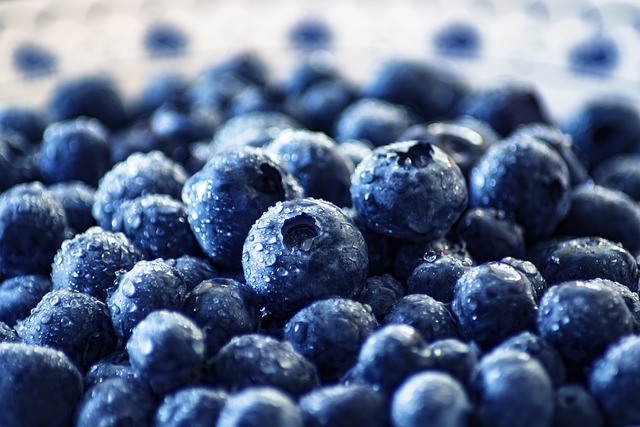Revitalize Your Skin: Exploring the Beauty Benefits of Probiotics
When we think of probiotics, we often associate them with gut health and digestive benefits. However, did you know that these beneficial bacteria can also work wonders for your skin?
The Skin Microbiome
Our skin is home to a diverse ecosystem of microorganisms, including bacteria, fungi, and viruses. This ecosystem, known as the skin microbiome, plays a crucial role in maintaining skin health. Just as a healthy gut microbiome is important for overall well-being, a balanced skin microbiome is necessary for healthy, radiant skin.
What are Probiotics?
Probiotics are live microorganisms that provide numerous health benefits when consumed or applied topically. These beneficial bacteria help restore and maintain the natural balance of microorganisms in our body, including the skin microbiome.
Beauty Benefits of Probiotics
Now let’s dive into the specific ways probiotics can revitalize your skin:
1. Improved Skin Barrier
The outermost layer of our skin, known as the stratum corneum, acts as a protective barrier. When this barrier is compromised, it can lead to various skin issues like dryness, sensitivity, and inflammation. Probiotics have been found to improve the skin barrier function, keeping moisture locked in and irritants out.
2. Reduced Skin Sensitivity
If you have sensitive skin that reacts easily to environmental triggers, incorporating probiotics into your skincare routine may help. Studies suggest that probiotics can calm and soothe sensitive skin, reducing redness, itching, and inflammation.
3. Acne Prevention and Treatment
Acne is a common skin concern that can affect people of all ages. Probiotics can help fight acne by inhibiting the growth of harmful bacteria that contribute to breakouts. They also have anti-inflammatory properties, which can help reduce the redness and swelling associated with acne.
4. Anti-Aging Effects
As we age, our skin starts to lose its elasticity and firmness, leading to the formation of fine lines and wrinkles. Probiotics have been shown to stimulate the production of collagen and hyaluronic acid, two essential components responsible for maintaining youthful skin.
5. Enhanced Skin Hydration
Dry, dehydrated skin can make your complexion appear dull and lackluster. Probiotics help improve skin hydration levels by reinforcing the skin barrier and increasing the production of natural moisturizing factors. This can result in a more radiant and plump complexion.
How to Incorporate Probiotics into Your Skincare Routine
There are several ways to introduce probiotics into your skincare regimen:
1. Probiotic-Rich Foods
Consuming probiotic-rich foods such as yogurt, kefir, sauerkraut, and kimchi can help improve your gut health, which indirectly influences the skin microbiome. A healthy gut often translates to healthier skin.
2. Probiotic Supplements
If you struggle to consume enough probiotics through food alone, you can opt for probiotic supplements. Look for reputable brands that offer a variety of beneficial strains.
3. Probiotic Skincare Products
Many skincare brands now incorporate probiotics into their products. Look for cleansers, serums, moisturizers, and masks that contain live probiotic strains or prebiotic ingredients that nourish the skin’s microbiome.
4. DIY Probiotic Face Masks
If you enjoy DIY skincare, you can create your own probiotic face masks using ingredients like yogurt, honey, and oats. These masks can help balance the skin’s pH, exfoliate gently, and provide a natural dose of beneficial bacteria.
Cautions and Considerations
While probiotics can







